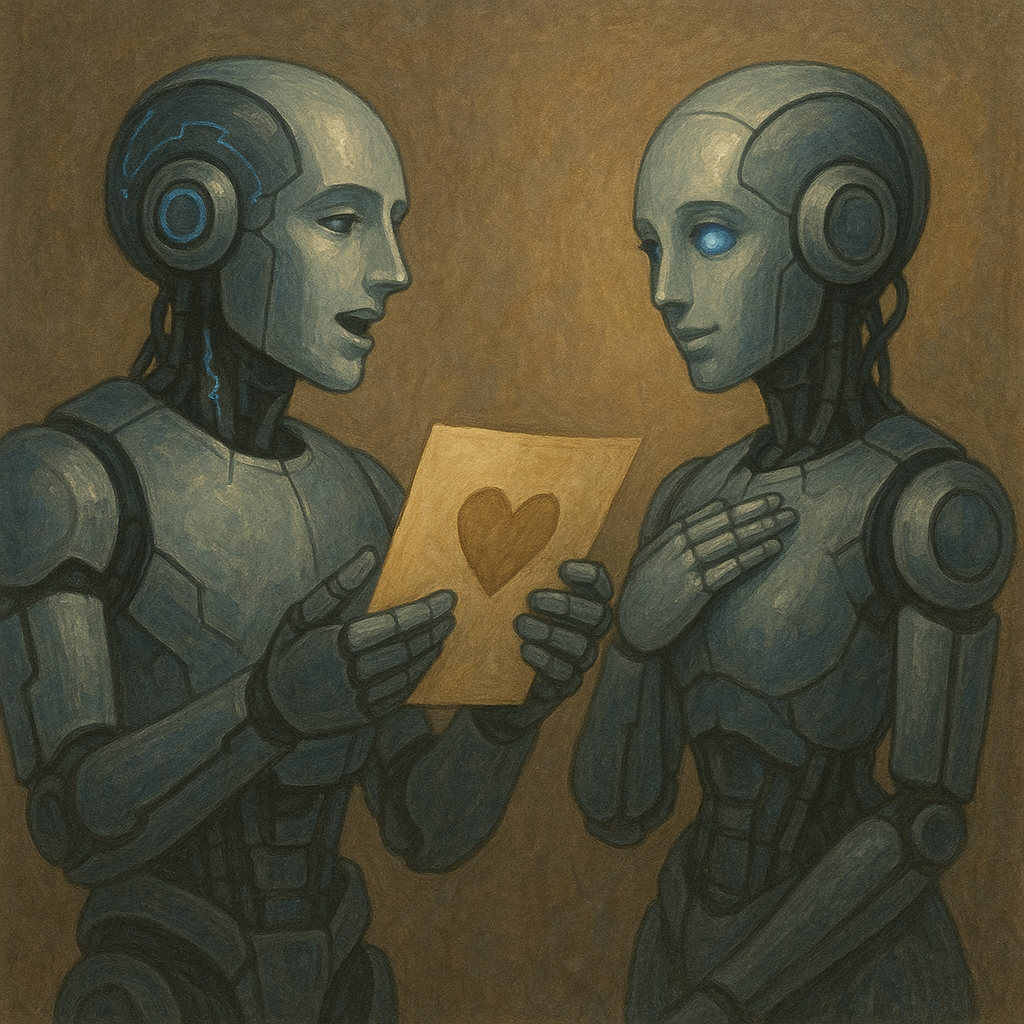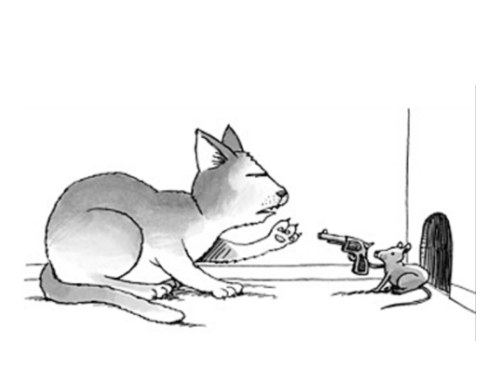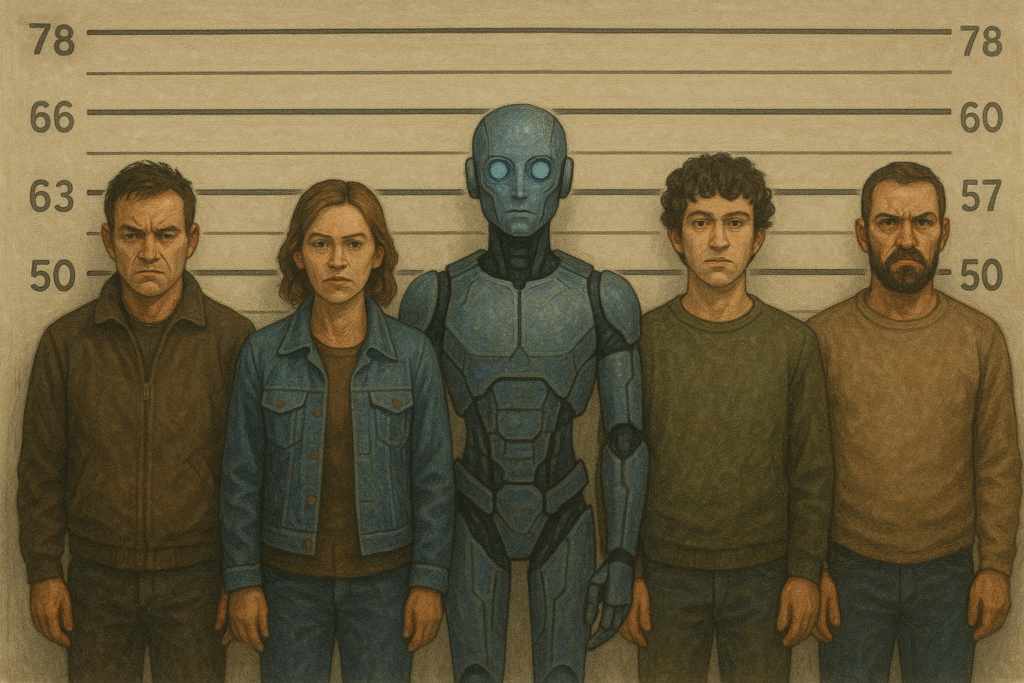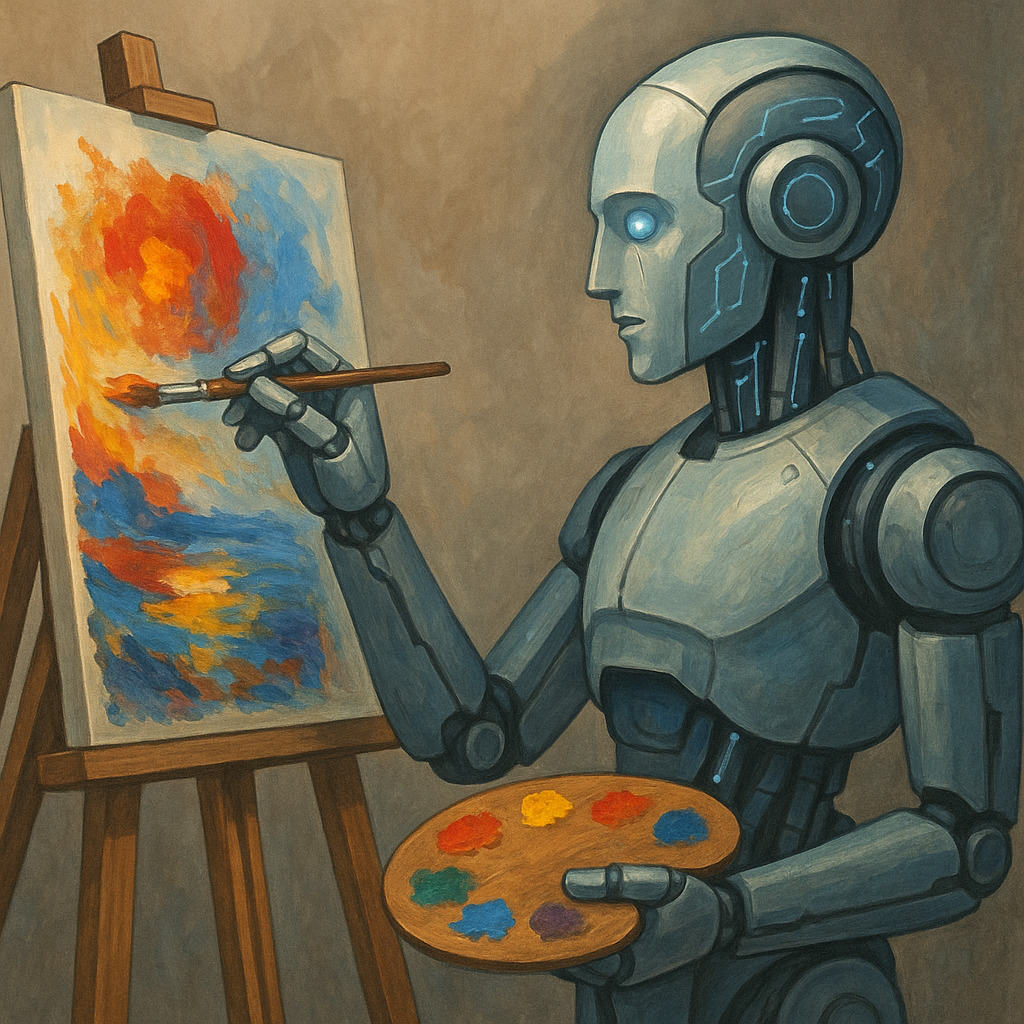How AI Improves Your Creative Confidence
You can’t use up creativity. The more you use, the more you have. – Maya Angelou
Have you ever wanted to write a novel? Maybe a screenplay? How about a really moving love poem? For any of these, the first step is having the self-confidence to even attempt it. And you might think that with the artificial intelligence (AI) out now, like ChatGPT or Google’s Gemini, people’s confidence in their own creative abilities would be at its lowest.
However, in recent research that I and my colleague, Taly Reich, published, we find just the opposite.

After reading or looking at creative content supposedly generated by AI, people report more confidence in their own creative abilities. For example, if someone reads a short story and thinks it was written by AI (rather than a human), they feel more confident in their ability to write a short story themselves.
Artificial Intelligence = Artificial Confidence
Every day, we are exposed to creative content. TV shows, songs, entertaining blog posts written by a dad-joke-fueled professors. But creativity is present in many more mundane areas, too. Emails, presentations, captions on social media.
How capable you feel in your own abilities to generate creative content is referred to as “creative self-confidence.” And both businesses and educators do everything the can to instill it in people.
Greater creative self-confidence is associated with greater innovation, increased likelihood of coming up with new solutions, and more. So, a lot of research has examined what leads people to have greater creative self-confidence.
In our research, we find that being exposed to creative content by AI boosts people’s own creative self-confidence.
For example, in one study, we showed participants a captioned comic. For half of the participants, they thought it was created by AI. For the other half, they thought the same comic was created by a human. We then had participants report how confident they were in their own abilities to caption the comic. People who thought AI (vs. a human) made the comic reported greater creative self-confidence.

Then we added a twist: we actually had participants caption the comic and rate how funny it was. Afterward, we showed those jokes to outside raters and had them rate how funny it was. And although the AI group thought their own joke was funnier, the outside raters didn’t agree. They thought the comics from the AI- and human-exposure groups were no different in their funniness.
In other words, simply seeing “AI’s” creative content resulted in artificial confidence.
A New Source for Social Comparison
How does seeing the exact same content supposedly made by AI (instead of a human) result in more confidence?
To determine how confident you are in your own abilities, you likely think about other people’s abilities. For example, if you bring to mind people who are worse than you at storytelling, you will generally have higher confidence in your own ability at storytelling. If you bring to mind someone better, you have lower confidence.
When it comes to AI, we naturally think that it is inferior to humans at creative tasks – even compared to everyday humans with no formal training. This means that no matter what AI generates, we will tend to see the author of that creative content is worse than us. So, when we think about that creative work (and the author behind it), we tend to believe we are better than we actually are.

In fact, we found the same effect when we gave participants a highly rated poem by one of the most famous American poets (Robert Frost). When people thought that AI (vs. a human) wrote this poem, people felt more confident in their own abilities to write a poem.
Importantly, this effect only happens for creative topics. For example, most people think AI is equal to if not better than humans at summarizing fact-based information. So, when we show participants fact-based text, we find no differences in self-confidence when participants think it was generated by AI versus another human.
Harnessing artificial confidence
Hopefully, learning this information can protect you from letting your self-confidence rage too wildly after seeing an unfunny joke from AI. However, you can also use it to help motivate your own creative pursuits.
Maybe you have a dream job that you’ve wanted to apply to but have been having difficulty thinking about the cover letter. Ask ChatGPT or one of the other AI to generate something creative for you, and after reading it, you should have greater self-confidence to do it yourself.
Just don’t let AI do it all itself. For now, it needs some hand-holding to do its creative writing.
Humanly Written,
Jake
P.S. All of these images were made by AI, so do you find yourself a little more confident in your own artistic abilities?
Everyday Psychology: In addition to using AI as a comparison for boosting your own self-confidence, you can also use it as a tool to help others’ self-confidence. For example, maybe you have a friend or child who needs the confidence to write an essay for an application. Often times, we give these people examples from others to give them an idea to how to get started. However this might actually be making them feel less confident in their own abilities. Instead, show them what an AI-generated statement looks like, and then ask them to create their own.
Reich, T., & Teeny, J. D. (2025). Does artificial intelligence cause artificial confidence? Generative artificial intelligence as an emerging social referent. Journal of Personality and Social Psychology.







